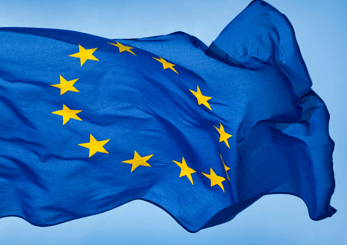
The European Union and France on Thursday said their total investment in development funding aimed at preventing terrorism in African Sahel countries would rise to 1.3 billion euros ($1.5 billion), as the region struggles with jihadism and lawlessness.
The five Sahel states -- Mauritania, Burkina Faso, Chad, Mali, and Niger -- have been struggling against extremism and lawlessness along the Sahara's southern rim since a jihadist revolt that began with a Tuareg separatist uprising in northern Mali in 2012.
The EU's International Cooperation and Development Commissioner Neven Mimica told a conference in the Mauritanian capital that the bloc's Sahel Priority Investment Programme (PIP) "now totals almost 800 million euros", with an extra 122 million euros announced Thursday.
France will invest 500 million euros for the "priorities" of the G5 Sahel, added French Foreign Minister Jean-Yves Le Drian, explaining that the country will add an extra 220 million euros to the 280 million euros already pledged.
"Half of this sum is for projects already planned or under way. The other half will be awarded in a speedy way over the next two years to enable you to meet your priorities," Le Drian said.
The five Sahel countries told the meeting they needed 1.9 billion euros to help them fund projects in border regions vulnerable to jihadists. They themselves provide 13 percent of that sum.
Governments hope that with an array of projects, including building schools, health centres and improving access to water, they can prevent communities from falling under the influence of extremists.
Jihadism in the region has been fueled by the chaos that engulfed Libya in 2011, the Islamist takeover of northern Mali in 2012 and the rise of Boko Haram in northern Nigeria.
The extremists were largely driven out of Mali in a French-led military operation launched in January 2013.
The France-backed fledgling African regional force fighting jihadists is also suffering from lack of funding and shortfalls in equipment and training have led to delays in its operations.
As well as fighting terrorism it tackles smuggling and illegal immigration networks that operate in these vast, remote areas on the Sahara's southern fringe.
A devastating attack in June on the force's headquarters in Mali, claimed by an al-Qaeda-linked group, destroyed the communications room, prompting a brief halt in operations.
Read Full Story



















Facebook
Twitter
Pinterest
Instagram
Google+
YouTube
LinkedIn
RSS